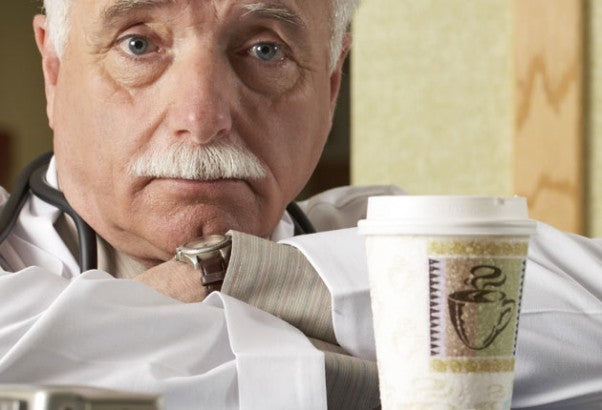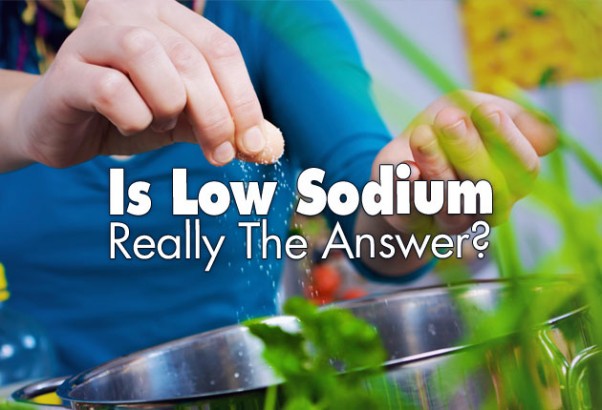“Any of a large class of bitter tasting, nitrogen containing, alkaline ring compounds common in plants and including caffeine, theobromine, morphine C17, H19, N2, , nicotine C10, H14, N2, quinine C20, H24, N2, O2, and strychnine C21, H22, N2, NO2.”
But before we go any further, I need to lay a little biblical foundation for what will follow, so that we can better understand why “caffeine” and “theobromine” are so dangerous to the body:
The Bible Tells Us In Psalm 139:14
“I will praise thee; for I am fearfully and wonderfully made; marvelous are thy works; and that my soul knoweth right well.”
Truer words were never spoken! The physical body we each possess is “wonderfully made” (by God), and it is important that we realize the body we each possess is comprised of approximately 100 trillion living cells. If we keep our bodily fluids purified and our cells free of toxic build-up, we will experience health. If we fail to keep our bodily fluids purified and our cells free of toxic build-up, we get sick. We keep our bodily fluids purified and our cells free of toxic build-up when we cease consuming toxic substances and start consuming the primarily raw, 100% plant based foods God designed our bodies to thrive on — especially when our diets include an abundance of raw vegetable juices and green smoothies.
If We Want To Promote Health And Avoid Disease
If we want to promote health and avoid disease, we must carefully avoid placing protoplasmic poisons into the body. Yet, on a daily basis, the average person consuming the World’s Diet is placing protoplasmic poisons into their bodies, not realizing that every one of these poisons is a toxic drug that does great harm to the body! These drugs may be in the form of caffeine, theobromine (a drug related to caffeine), inorganic sodium chloride (white table salt), refined sugar, alcohol, nicotine and other drugs derived from plants including but limited to marijuana, cocaine, heroin, along with doctor prescribed and over-the-counter drugs. Not a single one of these substances are a food that will nourish the physical body. They are all addictive drugs, that will poison the body. Sadly, most of these drugs are socially accepted and even cherished, commercially advertised, some medically prescribed, and often government subsidized.
Caffeine Is A Drug
Coffee is the most popular and widely used stimulant in the world and coffee is the major source of caffeine. Coffee is also the most popular beverage in the world, with tea and caffeinated soda coming in second and third place. One cup of drip coffee contains 150 mg of caffeine; one cup of brewed black tea 50 mg of caffeine; and green tea, which is being so highly touted for its antioxidant properties, can contain as much caffeine as black tea. (Three cups of decaffeinated coffee still has the same amount of caffeine remaining in it as a cup of regular coffee.) A 12-ounce can of caffeinated soft drink contains 50 mg of caffeine, and an 8-ounce bar of milk chocolate contains 50 mg of caffeine.
Raw Chocolate
While many realize the dangers inherent in the average commercial chocolate product, there is an organic, raw chocolate craze sweeping the raw food movement today, with some touting its benefits. However, on closer examination we learn the following about raw organic chocolate: The cacao bean, from which organic raw chocolate is made, contains: methylxanthines (a stimulating drug known as caffeine), theobromine, and theophyllin, (all of which are known to produce permanent degenerative alterations in cellular protoplasm). The cacao bean also contains more tannin than tea, plus oxalic acid, cannabinoids, and aflatoxins.
Dr. John McDougall Speaks On The Subject Of Caffeine
Following are a few quotes taken from Dr. John McDougall’s book “The McDougall Plan”:(1) “Some of the most popular drugs consumed by people of affluent western nations are found in coffee beans, tea leaves, and cocoa beans (chocolate) . . . all of which contain a group of natural substances known as methylxanthines. These chemicals include caffeine, theophylline, and theobromine. Many prescription and nonprescription drugs also contain methylxanthines. (2) “One of the most important of the methylxanthines is the popular drug 'caffeine'. . . undesirable effects from the stimulating properties of caffeine include: elevated heart rate, irregular heartbeat, increased blood pressure, frequent urination, increased gastric acid secretion (which contributes to indigestion, gastritis, and ulcers), nervousness, irritability, insomnia, loss of appetite, nausea, and diarrhea. Obviously, discontinuing caffeine will relieve the problems caused by this drug. It is particularly important for someone with hypertension who is trying to lower his or her blood pressure to stop drinking caffeinated beverages. (3) “Caffeine has been shown to cause birth defects in animals and is suspected of causing the same defects in humans. It would follow that you should completely avoid coffee, tea, colas, and chocolate in all forms during pregnancy. (4) “All three of the methylxanthines can stimulate growth of breast cells, causing painful enlargement of breast tissue and benign lumps. This condition is known as fibrocystic disease. . . In as many as 90 percent of women with fibrocystic disease, these benign breast lumps significantly improve or completely disappear in two to six months when methylxanthines are eliminated from the diet. There is also concern from investigators that the chronic stimulation of the breast tissue by methylxanthines may progress to cancer of the breast. Cancer of the bladder also has been related to caffeine use. (5) “One more undesirable effect of caffeine is that the drug has been shown to cause loss of calcium from the body. Therefore, another dietary maneuver you can use to prevent and possibly correct thin, calcium-deficient bones, or osteoporosis, would be to discontinue use of caffeine. (6) “The body actually becomes physically addicted to caffeine. When you attempt to quit taking this drug, expect withdrawal symptoms such as headaches, anxiety, irritability, drowsiness, tension, and depression. Withdrawal symptoms can last as long as a week. ”
Dr. Russell Blaylock Speaks Out On The Subject Of Caffeine
In the November 2005 issue of Newsmax magazine Dr. Blaylock reports:"Caffeine is considered to be the most widely used psychoactive substance in the world. In some ways it is acting like MDMA (Ecstasy) and cocaine. That is, it stimulates brain cells intensively . . . If you stop drinking caffeine you will notice two things right away: that you cannot stay awake and that you have a splitting headache . . . This is because the brain has turned down the sensitivity to caffeine so much that your brain is struggling to remain conscious. The headache is because of rebound dilation of the blood vessels in the scalp. . . Excessive caffeine has several dangers. With high consumption, one can have a sudden seizure or even abnormal heartbeats. On some occasions the abnormal heartbeats - called arrhythmias - can lead to sudden death, especially if your magnesium is low."
More Adverse Effects Research Has Revealed
- Caffeine stresses the nervous system, increases uric acid production and can lead to kidney damage. Researchers at Boston University Medical Center consider coffee intake to be associated with heart attacks and cancer, and when used with sugar becomes even more harmful.
- "Coffee nerves" or "coffee jitters" can occur after 150 mg (1 cup) are ingested, while physiological and psychological dependence can occur at 300 mg/day (just 2 cups of coffee).
- 62% of Americans in a recent survey claimed they ". . . could not function . . ." without their daily coffee (caffeine) intake.
- Children are far more susceptible to caffeine intoxication due to lighter body weight and comparative purity of physiology. Parents who wouldn't dream of giving their children coffee are giving them the equivalent dose of caffeine every time they let them indulge in caffeinated soft drinks, cocoa, iced tea, and chocolate.
- Most of the caffeine taken from coffee in the decaffeinization process is bought by the soft drink industry and added to sodas!
- Caffeine intoxication is a form of severe poisoning that occurs at the cellular level when as little as 250 mg of caffeine is consumed in a day. This toxic stimulant may result in heart palpitations, stomach irritation, dizziness, muscle tension and trembling, insomnia, shortness of breath, diarrhea, ringing ears, lightheadedness, and headaches.
- Caffeine first triggers an adrenalin release and then mimics the "fight-or-flight" response by stimulating the cardio-respiratory and central nervous systems. Every cell, organ, and system is affected by caffeine.
- Caffeine increases blood pressure, causes irregular heart rate, and restricts brain blood flow. It is implicated in cardiovascular disease.
- Six cups of coffee daily doubles heart attack risk.
- Caffeine stimulates overproduction of gastric pepsin/hydrochloric acid, contributing to the formation of stomach ulcers.
- Besides all of the above, caffeine can stimulate mental disorders with symptoms identical to "anxiety neurosis": nervousness, irritability, self-consciousness, moodiness, and/or depression. Indeed, some people who suffer from mental disorders are undoubtedly "adding fuel to the fire" when they become caught in a vicious circle of caffeine use.







